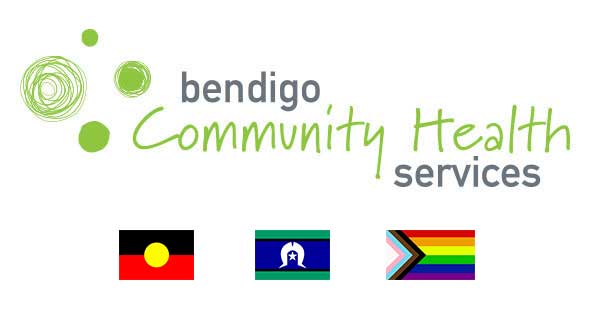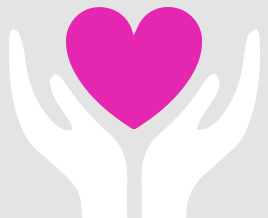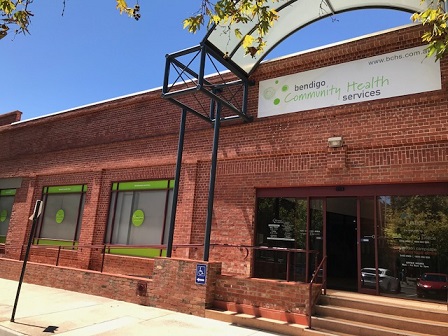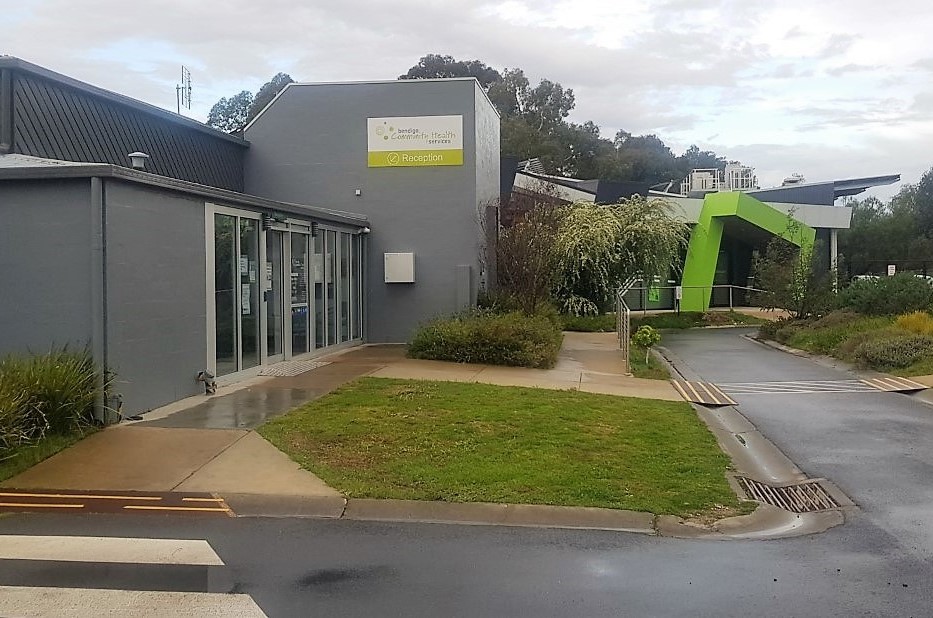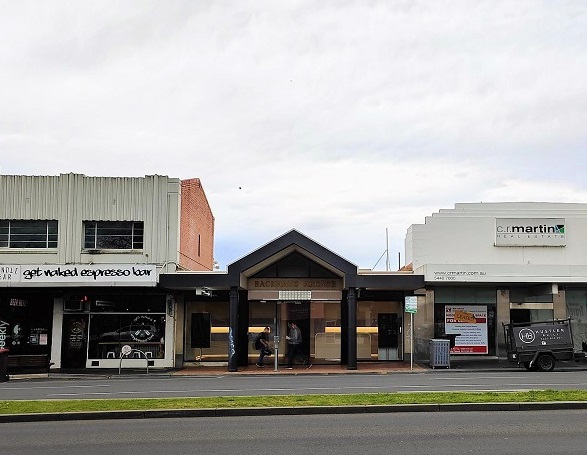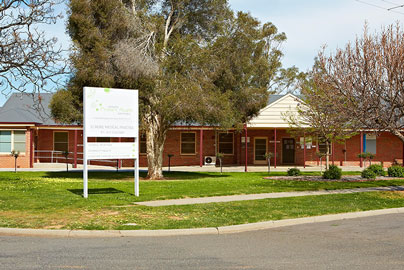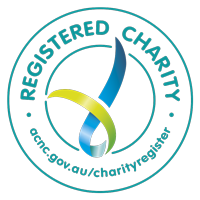A new program developed by Bendigo Community Health Services aims to ensure Karen and Afghan refugees don’t miss out on vital cancer screening, treatment and care.
BCHS has welcomed State Government funding for the Cancer service supports for refugee patients in Bendigo program, enabling it to use its strong connections with refugees to ensure they receive the best cancer care available.
BCHS Senior Leader Refugee and Cultural Diversity Kaye Graves said Bendigo was a destination of choice for a growing number of Karen and Afghan humanitarian refugees and BCHS has been welcoming them for the last 12 years.
“We are the very first agency to welcome people from the plane, and they trust us,” Kaye said “They know who we are from day one and we know how to engage with them on all sorts of issues.”
The program will enable the service to address a gaping hole it has identified in cancer care.
“The cultural diversity and settlement staff have walked beside refugee families in Bendigo who have lost loved ones to cancers, so we all feel deeply affected and know that we want to provide a better service for our communities,” Kaye said.
She said there were currently many barriers to Karen and Afghan refugees accessing cancer-related care.
“We know both Afghan and Karen refugees have had a pre-settlement experience of civil war, torture and trauma, they have not had access to health services in the past and they have poor health literacy, however they bring great strength and a will to thrive in their new country,” Kaye said.
She said language barriers, limited digital literacy and limited knowledge of cancer symptoms meant refugees were currently underserved in the cancer care pathway.
The program has begun with the hiring of bilingual male and female staff with lived refugee experience. It will involve partnership and consultation with Loddon Mallee Integrated Cancer Services and Bendigo Cancer Centre to produce culturally safe and authentic cancer resources.
“We will build awareness of what cancer is, of symptom recognition, the value of screening and the value of palliative care,” Kaye said.
“We will be leading the way in modelling how to engage with communities and provide information in a culturally safe, targeted way to build health literacy and access to cancer services.”
The two-year project has been funded through the State Government’s Victorian Cancer Plan.


